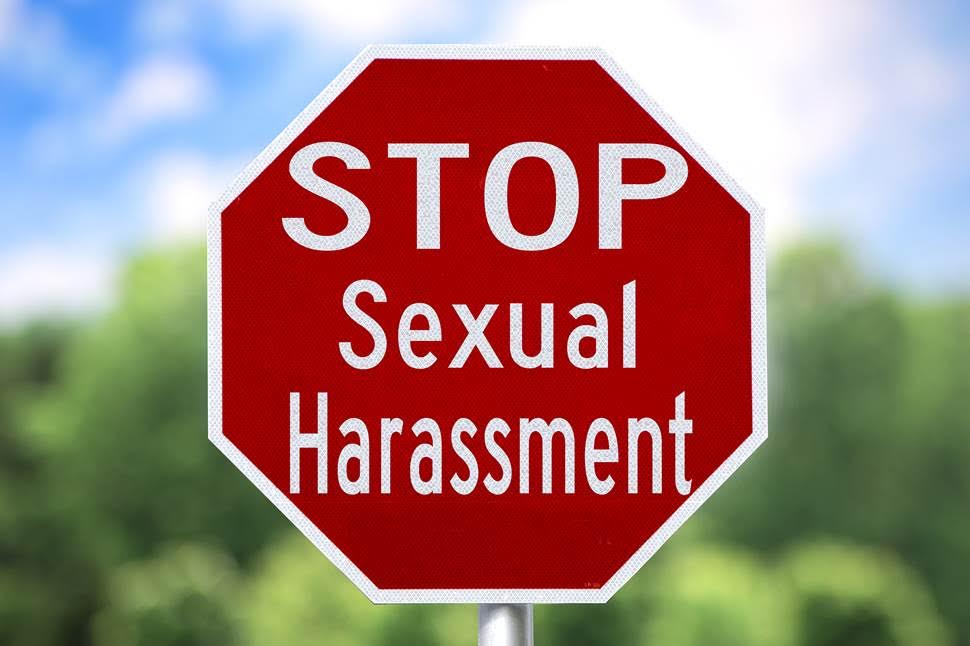By Leonard Sciolla, LLP | Published April 10, 2018 | Posted in employment law | Tagged Tags: confidentiality, disability discrimination, discrimination, EEOC, employment law | Comments Off on Observing Confidentiality in the Workplace
Our Offices: Philadelphia, PA Moorestown, NJ

Observing Confidentiality in the Workplace
Employers should proceed with caution when trying to give employees notice about sensitive matters, including government agency investigations. Late last year, in a case settled out of court, an employer agreed to certain injunctive relief and to pay monetary damages after it was sued by the Equal Employment Opportunity Commission (“EEOC”). This came about after Read More
Read More
NY Appeals Court Rules that Civil Rights Act Protects Gay Employees
The United States Court of Appeals for the Second Circuit recently ruled that the 1964 Civil Rights Act prohibits employers from discriminating against employees on the basis of sexual orientation. It became the second appeals court to rule that Title VII of the Civil Rights Act, which outlaws discrimination on the on basis of “race, color, Read More
Read More
Workplace Harrassment
In the midst of the trending #MeToo movement, LegalZoom conducted a study on employers’ approaches to addressing harassment in the workplace. According to the study, fewer than half of employees believe their employer can handle issues which arise on the job. Only 27% of employees who had a problem with work raised their concerns with management. Read More
Read More
Importance of Employee Classification
Businesses often classify their workers with insufficient regard of governmental and court standards. The distinction between a worker being classified as an employee or as an independent contractor can substantially change what benefits the worker is eligible to receive (such as overtime and unemployment). Misclassification of employees could result in lawsuits filed against a Read More
Read MoreAny Changes to DOL Overtime Regulations Remain Up in the Air
The Department of Labor battled it out in federal court over overtime pay regulations that were supposed to go into effect in December 2016. Attorney Keith Leonard explains how the regulations were stalled nationwide before they took effect after a ruling in Texas federal court in his ACtion Magazine column. The full column, including the steps Read More
Read MoreUnderstanding Non-Compete Agreements
As part of an employment contract, employers commonly require employees to sign non-compete agreements, which prohibit them from working for a competitor, and non-solicitation agreements, which prohibit them from soliciting the employer’s customers, when the employee leaves his/her job. But are employees still bound by those prohibitions once the employment contract expires and the employee Read More
Read MoreWorkplace Harassment
Employers know that racial, gender or ethnic slurs can be the basis for an employee’s claim of a hostile work environment, discrimination and/or harassment. However, they may not realize that political, religious, or social commentary can also be the basis for workplace harassment. An employer’s liability for such workplace harassment can depend on the status Read More
Read MoreGrammatical Errors Can Be Costly in Contracts
When is a comma not just a matter of punctuation? When a missing comma in a law allows employees to gain overtime pay. Pursuant to Maine law, employees are exempt from overtime pay if their jobs involve the “canning, processing, preserving, freezing, drying, marketing, storing, packing for shipment or distribution of” certain food products. Drivers Read More
Read MoreEmployer Obiligations Under OSHA
The Occupational Safety and Health Administration (OSHA) is the main federal agency charged with making sure employers provide their workers with a safe workplace. In keeping with that obligation, OSHA requires employers to post a particular form on-site which summarizes job-related injuries and illnesses at the company which were logged during the preceding year. Employers are required Read More
Read MoreEmployee Protection Under FMLA
Eligible employees can take up to twelve weeks of unpaid, job-protected leave in a year period for specific family and medical reasons under the federal Family and Medical Leave Act (FMLA). An employer can be found liable for interfering with or retaliating against an employee who elects FMLA leave. It is important to note that an Read More
Read More











